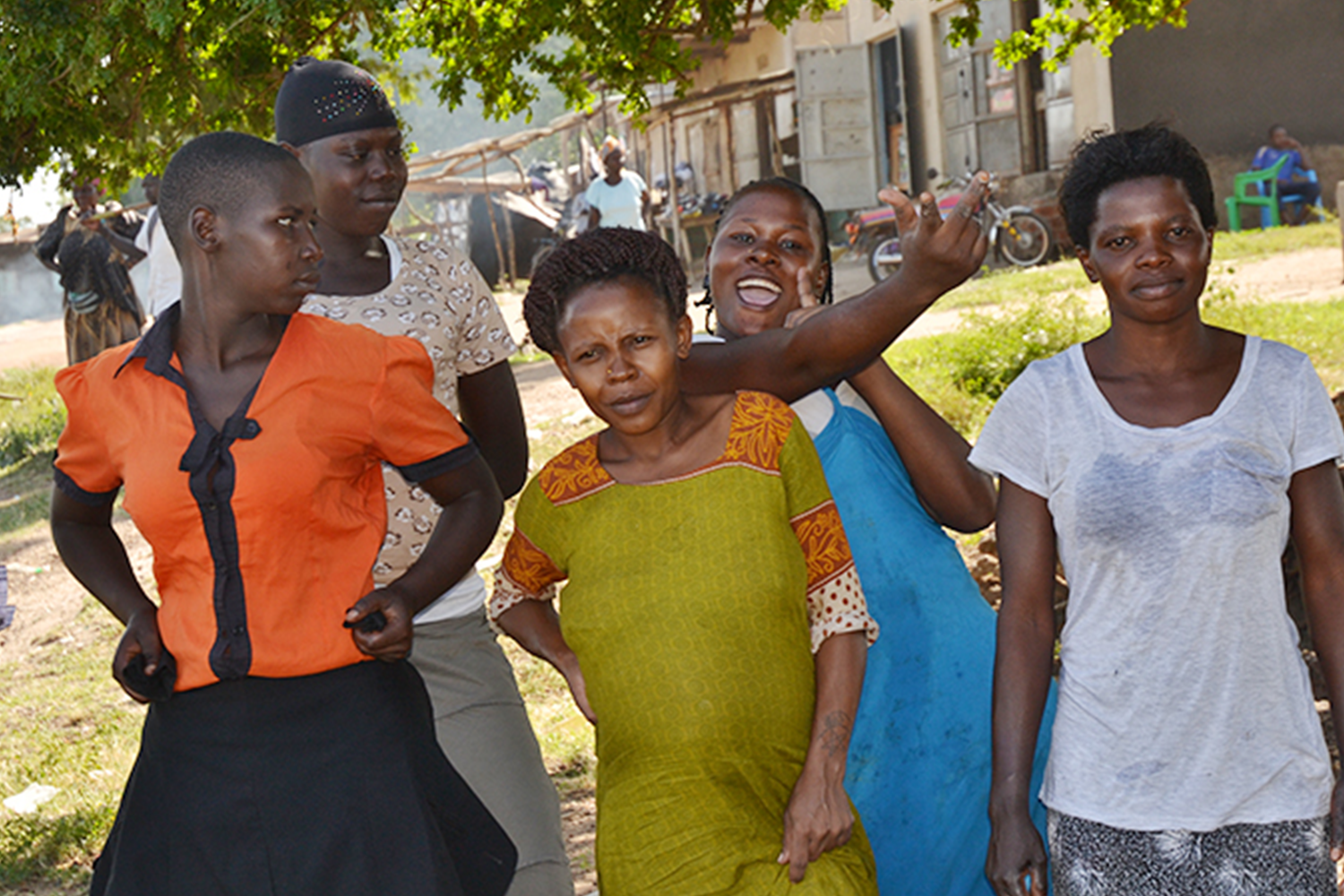With support from UNESCO, PEERU is implementing the O3 program activities in partnership with government of Uganda through the Ministry of Education and Sports.

Its critical to note that Sub-Saharan Africa is home to 31.7% young people ages 10-24 years of the 1 billion people, a number that is expected to rise to 281 million by 2050. This young population comes with tremendous potential for achieving Africa’s development, but only if sustained investments are made to address the education and health challenges that continue to undermine young people’s wellbeing. Despite significant progress in recent years and having the youngest population in the world with over 77% of its population being under 25 years of age, Uganda remains one of the region most affected countries by the HIV epidemic, early and unintended pregnancy (EUP), and gender-based violence (GBV). Three out of four new HIV infections among those aged 15-19 are among young women, and seven out of ten young women do not have comprehensive knowledge about HIV. One in four girls aged 15-19 have already given birth or is pregnant with her first child and 14% of young women have their first sexual encounter before the age of 15 years. Inadequate access to sexual and reproductive health information and services results in affiliated rise in high teenage pregnancies, maternal morbidity and mortality, higher HIV/AIDS rates amongst adolescents and greater drop-out rates among school-aged girls.
Through contributing to the 9 key areas of intervention under the ESA Commitment through the 03 program activities: We are working together on a common agenda; for the urgent review – and where necessary amend – existing laws and policies on the age of consent, child protection, and teacher codes of conduct; Make an AIDS-free future a reality; Maximize the protective effect of education; Initiate and scale-up age-appropriate SE during primary school education; Ensure that the design and delivery of SE and SRH programs include ample participation by communities and families; Integrate and scale-up youth-friendly HIV and SRH services; Ensure that health services are youth-friendly; Strengthen gender equality and rights; and, Mobilize national and external resources.
The O3 programme seeks to improve sexual and reproductive health (SRH) services, gender, and education outcomes for adolescents and young people (AYP) aged 10-24 years through sustained reduction in new HIV and other sexually transmitted infections (STIs), early and unintended pregnancy (EUP), and gender-based violence (GBV).
To achieve the vision and mission, the program pursues 4 outcomes namely;
a). Securing and sustaining strong political commitment and support for adolescents and young people’s access to SE and SRH services across SSA,
b). Delivery of accurate, rights-based and good quality SE programmes that provide knowledge, attitudes and skills essential for safer behaviors, reduced adolescent pregnancy, and gender equality,
c). Support delivery of safer, healthier and inclusive schools and community environments for all young people.
d). Strengthening evidence base on SE and safer school environments.
The main objective of the partnership we share with Ministry of Education and Sports through the O3 program activities is to contribute to improved sexual and reproductive health (SRH) services, gender, and education outcomes for adolescents and young people (AYP) aged 10-24 years through sustained reduction in new HIV and other sexually transmitted infections (STIs), early and unintended pregnancy (EUP), and gender-based violence (GBV).
(ii) Delivery of accurate, rights-based and good quality SE programmes that provide knowledge, attitudes and skills essential for safer behaviors, reduced adolescent pregnancy, and gender equality,
Build capacity of Head teachers of schools and district leaders on Life-skills based HIV and sexuality Education programmes happening at schools
(iii) Support delivery of safer, healthier and inclusive schools and community environments for all young people,
Conduct advocacy meetings and community dialogues with Parents, religious leaders, Cultural leaders and Political leaders for awareness raising through ASRH platforms for greater acceptance and implementation of Sexuality Education in Uganda on addressing EUP, child marriage, GBV, and promoting retention of girls in school
Support MOES to orient PTAs on Life-skills based HIV and sexuality Education programmes happening at schools
Implementation of the above activities is done following all approved National guidelines and within the national context of Uganda.

